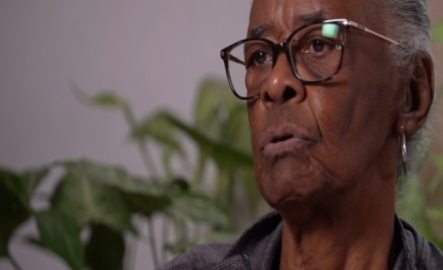Many Black minorities in the North West African nation of Morocco are yet to come to terms with the scourge of racism they face from the white majority of the population. The dark history of slavery in Morocco keeps haunting the population despite the abolishment of transatlantic slavery.
Young Black Moroccans have in the recent past taken to social media to agitate over the aged old racism the Black community has been grappling with. For centuries, white Moroccans have denied those in the minority their equal share of socio-economic opportunities at their disposal.
Racism in Morocco is denied but the Black minority reports of being referred to as servant or slave by the white majority. Despite Morocco being a diverse community, racism is inherent in many communities.
Stephen King, Professor of Government at Georgetown University who authored a paper on the phenomenon, said these sentiments in Black communities are rife with increasing calls for reforms. He said despite laws enacted to criminalize discrimination, the Black minority struggle to get jobs.
The Moroccan government in 2012 dissuaded the Black community from forming anti-racism associations on the basis that racism does not exist in Morocco. Despite this, King argued that Morocco is racially and ethnically polarized in many aspects of the economic structure.
He explained that the monarchical regime has been slow at making reforms to protect the Black minority. According to him, it stems from Morocco’s past with slavery, indicating that in the 20 century it was seen as prestigious owning slaves.
The enslaved were given the last names of their owners and the children they gave birth to inherited the tribal lineage of their owners as well. He observed that the topic of slavery is a sensitive subject many families are quiet about especially on racism. It’s a taboo to speak on these subjects in many households.
He pointed out that in the educational curriculum there are attempts to place silence on the subject of racism and slavery in Morocco. He said this consciousness is influencing a new ethnic and cultural identity of Black Moroccans who are investing heavily in whitening creams, hair straighteners and facial scrubs.
As part of efforts to combat racism, King Mohammed VI passed a law to assist the Black minority in getting working papers in Morocco. In 2012, the Moroccan government waged a campaign to disband attempts to create a civil movement to speak about racism the Black community faces adding that, it does not exist.
King said that notwithstanding the elite and young Black Moroccans are seeking to raise awareness of the mistreatment on social media platforms. This campaign was given a boost by a number of violent attacks on sub Saharan Africans in Morocco.
There is an Instagram account named Black Moroccans created by anti-racism activist Fatima Quatabou, lifting the veil on the poor conditions the Black minority is bedeviled with. She is standing against attempts to reverse perception of black identity and promote social justice for Africans from Sub Saharan.
She explained that dwelling on the positives of Black Moroccans and their ability to contribute to change are themes she is pushing to change the narrative. She noted that, the authorities are more concerned about regional prejudices and not the pertinent matters that affect an integral segment of the Moroccan society.










